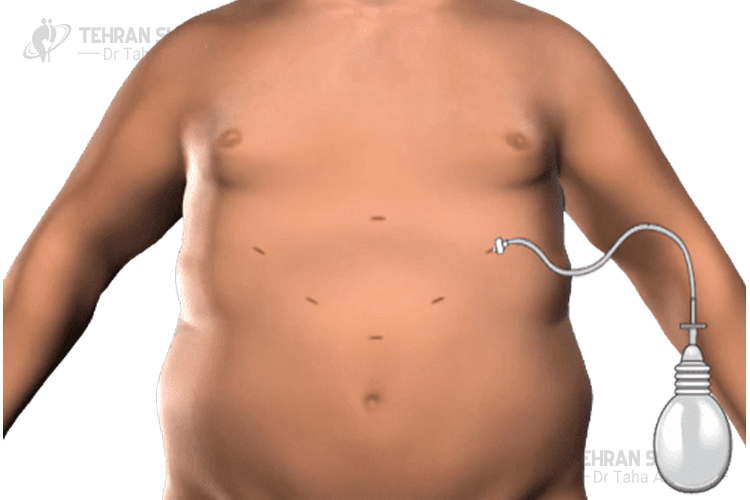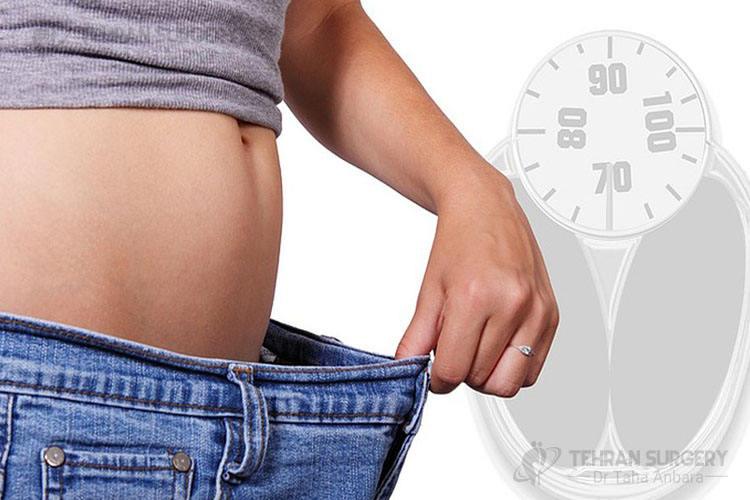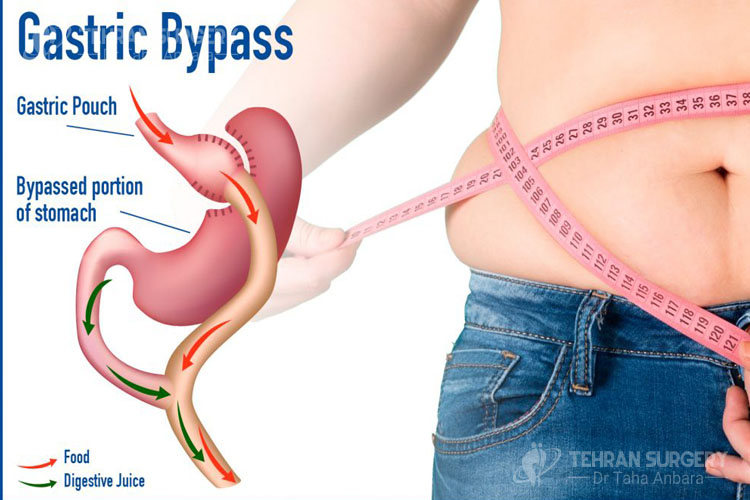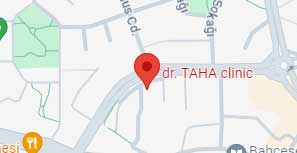
What to expect after weight loss surgery?
Maybe you are thinking to weight loss surgery or you have already decided for this surgery. This surgery can follow by many benefits like:
- Help to lose weight
- Treat or remove many diseases such as breathing problems
- Improve quality of life
- Live longer
It is very important to inform about many changes that occurs in your life after the weight loss surgery. These changes include your eating, when you eat, what you eat and how you feel about yourself. Weight loss surgery is the most effective method to lose weight but it is not a miracle. You should have healthy diet for a better life after the surgery and do regular physical activities. Then you can lose much weight and have a better feeling about your life.
Changes to eating and drinking after weight loss surgery
About 2-3 weeks after the weight loss surgery, your diet should limit to watery and soft foods and after 6 weeks you can have your regular diet. During first days after the surgery you may feel full after few slice because your new stomach can hold only small amount of food. Your stomach even after healing and when get larger, it can’t hold up more than 240 milliliters. While a normal stomach can hold up 1 liter.
When you eat hard and solid food, you should chew each bite slowly (about 20-30 times) until your food get a soft tissue like pureed. The opening of your new stomach is very small so if your food not chewed well, this opening will be block and cause vomiting or pain in the sternum area.
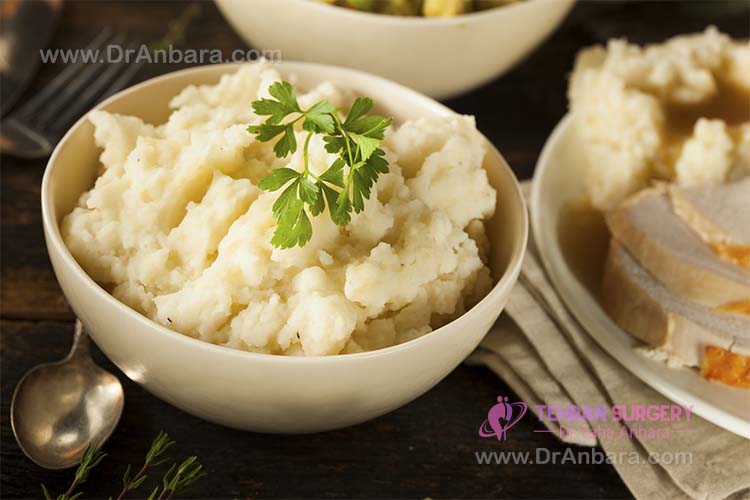
You should limit your meals from 3 big meals to 6 small meals in a day and each meal should take around 30 minutes.
What foods you can’t eat after weight loss surgery?
You should avoid snacking in mid-day meals. Some foods may cause pain and difficulty if you don’t chew them well like: pasta, rice, bread, raw vegetables, various meat or any dry, sticky foods. You should drink at least 8 glasses of water or any other zero calories drinks. Avoid any drinks while you are eating and one hour before or after each meal. Liquids wash the existing food out of your stomach and make you hungrier. You should also drink sipping not gulping. Avoid foods that just have volume like chips because they fill your stomach by air.
Exercise and physical activities after the weight loss surgery

Exercise is strongly recommended for success of losing weight and keeping you slim. It is better developing a regular exercise program in your daily schedule and try to keep it continue.
Exercise can help you to:
- Reinforce your heart and bones
- Burn calories
- Develop muscles
- Increase your metabolic rate
- Release your stress
- Control your blood sugar
Walking is very useful activity that you can begin it immediately after the surgery. Start it from 10 minutes with a medium speed per day and add it one minutes every few days. Keep in your mind that physical activity should be along with increasing heart rate. So gardening is not an exercise. You can also do strength exercise in order to build muscle and prevent skin sagging. Please begin strength exercise after 6 weeks following the surgery because your scars should heal.
Keep in your mind that you may not lose weight without exercise.
Important tips to design an exercise plan
- Choose an exercise partner. In this condition you will be more active because another one is your partner.
- Register in a gym and participate in all recommended class to find your favorite exercise.
- Use stairs instead of elevator.
- Park your car as far from your destination to have to walk.
- Get up and change the TV channel, don’t use of remote controller.
- Listen to your favorite music while doing exercise.
- Be creative and try all activities like: aerobic, dancing, swimming and even shopping.
- Wear comfort play suit while doing exercise.
- Your gym bag should be prepared to go gym straight after work.
- You should have a weakly plan. Every Friday look at it and decide how you can add another activity into your schedule.

Common side effects of weight loss surgery
Most people who have had weight loss surgery, didn’t face with any serious problem. Only 10 percent may experience minor problems and just for 5 percent may happen serious complications. If any worrying problems occur for you, contact your doctor immediately.
Some common complications are:
Constipation
After the weight loss surgery, constipation is very common among patients. Your doctor will inform you how to control it. Avoid eating granular fiber because it can lead to obstructions.

Damping syndrome
People who have had weight loss surgery are affected to this syndrome after eating high-sugar foods. Mostly sodas and various juice causes this syndrome. Sugary foods fill stomach quickly and causes vomiting, nausea and weakness.
Gallstone
These stones are common for people who lose a lot of weight quickly. About 50 percent of patients who have had gastric bypass surgery have developed gallstones which are mostly harmless.
Sometimes gallstone cause vomiting, nausea and abdominal pain. About 15-25 percent of patients who have developed gallstone following the weight loss surgery, need surgery to take out their gallbladders.
Wound infections
There is possibility of wound infections about 3 weeks following the weight loss surgery. Redness, warmth, pain and discharging thick drainage (pus) are the signs of scar infection. To treat scar infection, antibiotic should be used and sometimes need further surgery.
Serious side effects after the weight loss surgery
Bleeding in stool
Reddish or black stools can be sign of a serious problem. If you face with this problem, contact your doctor as soon as possible or go to the emergency room.
Blood clot
It rarely occurs for less than 1 percent of people who have had weight loss surgery. These blood clots can lead to the death but mostly can be prevented by frequent activities and use blood thinning medication.
Leaking
By modern surgery methods there is less possibility of leak but it is very dangerous. These leaking may happen within 5 days after the surgery. If stomach acid or foods which are digestive leak up, it can lead to serious problems. Abdominal pain and feeling ill are the common symptoms. Your skin may be sagging after losing weight so you may need to get surgery to remove it.





